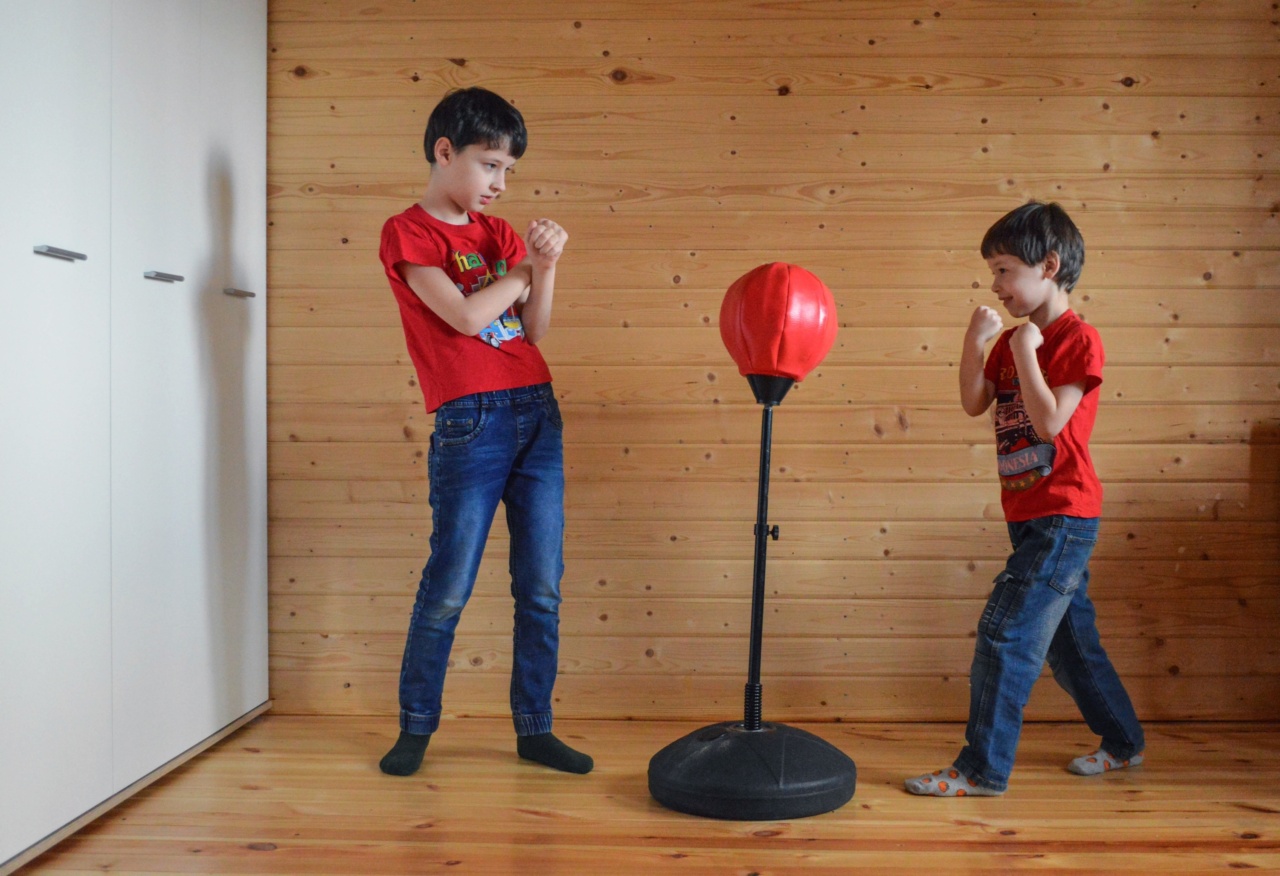As individuals age, numerous aspects of their lives change, including their physical, emotional, and sexual health. While discussions surrounding sexual health tend to be kept private, it remains an essential aspect of overall well-being.
Sexual endurance, or the ability to maintain sexual activity for a desired period, is influenced by a variety of factors, one of which is age. In this article, we will delve into the impact that age can have on sexual endurance and explore the physiological and psychological changes that occur as people grow older.
The Physiology of Sexual Endurance
Sexual endurance primarily involves physical stamina and the body’s ability to respond to sexual stimuli. It is influenced by various physiological factors that can be affected by age:.
1. Hormonal Changes
As individuals age, their hormone levels, particularly testosterone, tend to decline. Testosterone plays a crucial role in regulating sexual desire and performance.
Lower levels of this hormone can result in decreased libido and may contribute to challenges in maintaining sexual endurance.
2. Cardiovascular Health
The cardiovascular system plays a vital role in sexual performance. With age, arterial walls may become less flexible, reducing blood flow to the genitals.
This decreased blood flow can affect arousal and the ability to maintain erections or lubrication, ultimately impacting sexual endurance.
3. Muscular Strength and Flexibility
As individuals age, muscle mass and flexibility tend to decrease. Muscles involved in sexual activity, such as the pelvic floor muscles, may weaken, affecting the ability to maintain positions or engage in prolonged sexual activity.
This decrease in muscular strength can impact sexual endurance.
Psychological Factors and Age
While the physical changes that accompany aging can contribute to reduced sexual endurance, psychological factors also play a significant role:.
1. Body Image and Self-Esteem
As people age, their bodies naturally go through various changes. These changes can influence body image and self-esteem, potentially leading to decreased sexual confidence.
Negative body image or low self-esteem can hinder sexual endurance by affecting arousal and the ability to fully engage in sexual activity.
2. Stress and Emotional Well-being
With age often come increased responsibilities and various life stressors, such as work, caregiving, or health concerns. These stressors can impact overall well-being, including sexual endurance.
Stress and emotional factors can lead to decreased sexual desire, difficulty focusing on arousal, and challenges in maintaining sexual activity for an extended period.
3. Relationship Dynamics
As individuals age, their relationships may undergo changes, such as increased familiarity or changes in communication. These dynamics can directly impact sexual endurance.
Issues related to relationship satisfaction, emotional connection, or the ability to effectively communicate desires and needs can all affect sexual endurance.
Strategies to Enhance Sexual Endurance at Any Age
While age can impact sexual endurance, individuals can adopt various strategies to maintain a fulfilling and satisfying sexual life:.
1. Open Communication
Clear communication with one’s partner about desires, preferences, and any challenges related to sexual endurance is crucial. Honest and open conversations can foster understanding and help find mutually satisfying solutions.
2. Pelvic Floor Exercises
Engaging in regular pelvic floor exercises, also known as Kegel exercises, can improve muscular strength and increase control over sexual organs. Strengthening the pelvic floor muscles can contribute to enhanced sexual endurance.
3. Regular Exercise
Engaging in regular physical exercise can benefit overall health, including cardiovascular health and muscular strength. Exercise promotes blood flow and can positively impact sexual endurance, regardless of age.
4. Healthy Lifestyle Choices
Adopting a healthy lifestyle, such as consuming a balanced diet, getting sufficient sleep, and managing stress, can contribute to improved sexual endurance.
These lifestyle choices positively impact both physical and psychological factors that affect sexual health.
Conclusion
Age can indeed influence sexual endurance through both physiological and psychological changes. However, it is important to note that sexual health and satisfaction can be maintained and enhanced at any age.
By understanding the factors that influence sexual endurance and adopting strategies to address them, individuals can continue to enjoy a fulfilling and satisfying sexual life throughout their lifespan.





























